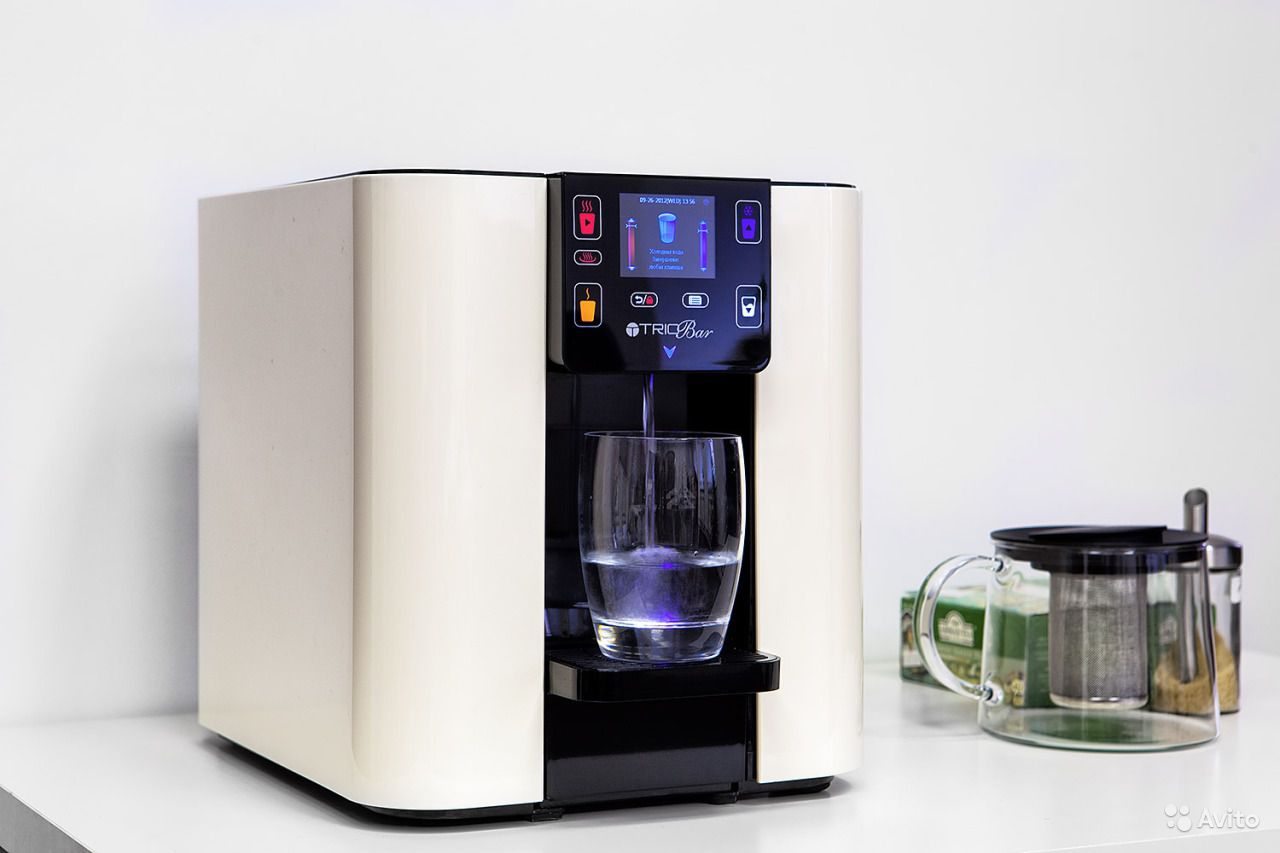
"Exploring advanced filtration systems in modern water dispensers"
In recent years, advances in water filtration technology have revolutionized the way we access clean and refreshing drinking water. Modern water dispensers feature advanced filtration systems that go beyond basic purification to provide higher levels of water quality and safety. Let's dive into the key components and benefits of these advanced filtration systems.:
1. Multi-stage filtration:
- Many modern water dispensers feature multi-stage filtration systems that use multiple filtration methods to remove a wide range of contaminants from tap water. These systems typically consist of sediment filters, activated carbon filters, and membrane filters, each targeting specific contaminants to provide thorough cleaning. {eleven}
- Sediment removal filters are the first line of defense in modern filtration systems designed to remove large particles such as dirt, rust and sediment from water. By capturing these particles, sediment removal filters prevent them from being carried into subsequent filtration stages, ensuring optimal performance and extending the life of other filter components.
- Activated carbon filters are highly effective at removing organic compounds, chlorine, and unpleasant odors and tastes from water. Activated carbon's porous structure absorbs contaminants, leaving behind clean, great-tasting water. This filtration stage improves the overall quality and taste of the water, making it more pleasant to drink.
- Some modern water dispensers use reverse osmosis (RO) filtration, a process in which water is forced through a semi-permeable membrane to remove dissolved solids, heavy metals and other contaminants. RO filtration produces exceptionally pure water, making it suitable for drinking and cooking where water quality is critical.
- UV sterilization is an advanced feature of some modern water dispensers that uses ultraviolet (UV) light to disinfect water by neutralizing bacteria, viruses and other microorganisms. This extra step ensures that the water is safe to drink and free of harmful pathogens, giving users peace of mind.
- Ion exchange resin is another component widely used in modern filtration systems to remove dissolved minerals and heavy metals from water. This process involves exchanging ions in the water with ions attached to the resin, resulting in softened, purified water that is gentle on appliances and tastes better.
- Some modern water dispensers come with alkalinity-boosting features that adjust the pH level of the water, making it more alkaline and potentially healthier. Alkaline water is believed to neutralize acidity in the body and promote hydration and detoxification, although scientific evidence is limited.
2. Sediment filtration:
3. Activated carbon filtration:
4. Reverse osmosis (RO) filtration:
5. UV sterilization:
6. Ion exchange resin:
7. Alkaline Boost:
In conclusion, the advanced filtration systems in modern water dispensers offer a complete solution for purifying and improving the quality of drinking water. Using multi-stage filtration, sediment filtration, activated carbon filtration, reverse osmosis, ultraviolet sterilization, ion exchange resin and alkaline enrichment, these systems ensure that every sip of water is clean and safe to drink. Whether at home or in the office, buying a water cooler with advanced filtration technology provides peace of mind and promotes healthier eating for you, your family or co-workers.






